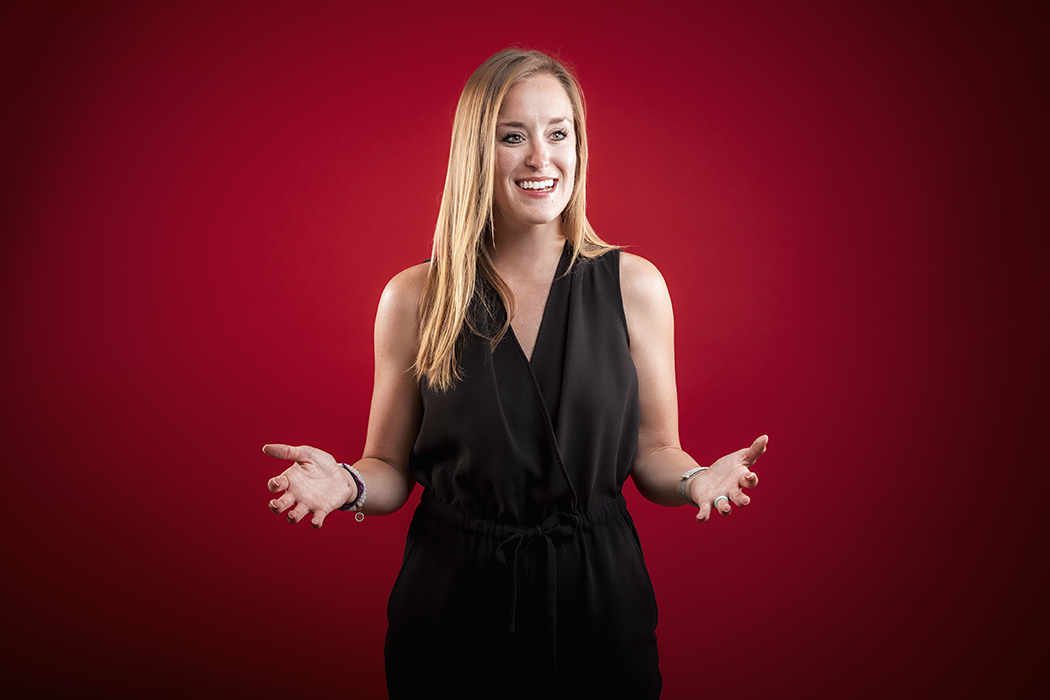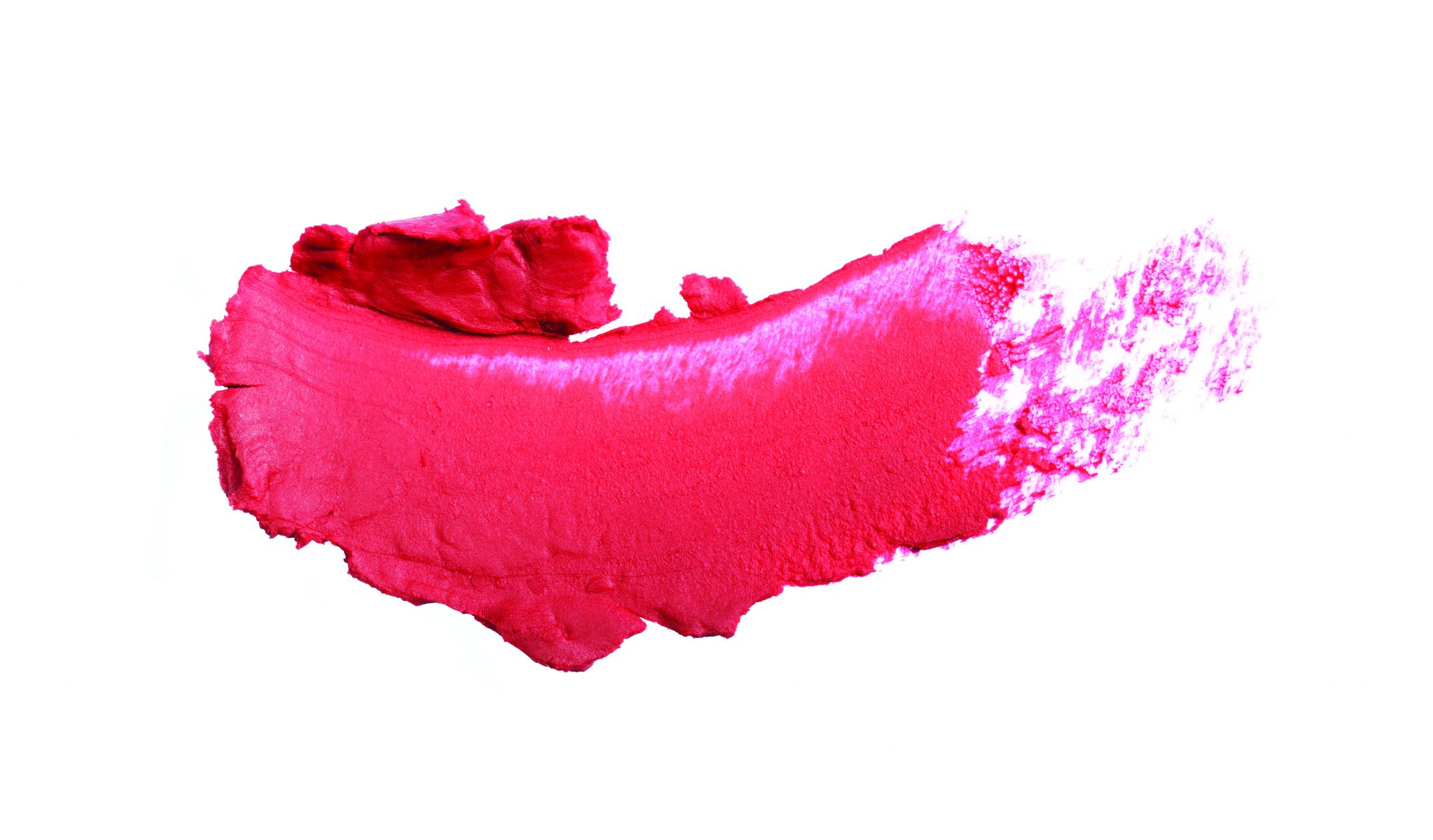
Photography by Danny Fulgencio.
Christie Myers, a Michigan transplant, ended up in Dallas by pure luck. She moved her finger in a circular motion on a map and, when she stopped, Dallas was the closest metropolitan area. She started off working for the Dallas Regional Chamber before moving on to a short stint at Dallas ISD. Now she’s an integral member of District 10 Councilman Adam McGough’s AllInD10 Collective Impact initiative. Myers also helped start the Mayor’s Rising Star Council, which teaches high school students leadership skills, and is working to open a comprehensive health clinic in South Dallas. The key to her work, she says, is consistency. “We can do work in and out, in and out, but when we don’t keep showing up, that’s when it matters.”
Christie Myers

How did you discover your passion for public service? In college, I started out studying physical therapy. Then a professor told me I was in the wrong major. We had to do a speech in class and after I did mine, she pulled me out of the classroom into the office and said, “There is something different about you. Most kids, this intimidates. Most students don’t love this, but you thrive in this.” She said, “You’ve got something different in you that is intended to go work with people.” So I changed my major, which ended up with me staying a year longer in school, and when I graduated I thought, “Allright, I’m going to figure out what it’s like to go love and serve in a career.”
What are you most proud of in District 10? LBJ Now and the LBJ East expansion project. I was sitting in a room with a bunch of people who are much older than me. They had been working on this project for decades but the state had pulled it off the agenda and we were at a halt. So we all sat around the table, and we’re like, “What are we going to do?” And, as the millennial in the room, I said, “We will use social media, that’s what we’re going to do.” So just being able to help guide and direct that group to what became over 100,000 impressions a day on social media and getting the attention of the state and going down and advocating on a state level is fascinating.
Did you experience any resistance when you first moved to Dallas? It was more of like a territorial feeling. I felt insignificant coming in and helping lead something here because I wasn’t from here. I didn’t have the generations of kids. I didn’t go to Lake Highlands High School. And so that, to me, was difficult because I knew how important the generational root is. But I treaded lightly in that and I met with people who have been here the longest and who understand historical context.
How did you combat that? I just keep showing up. I’ve now been working in District 10, mostly in a volunteer capacity, for the last four years. I’m just always here, all the time, all over the place. I love that now, oftentimes, people will call or text and ask, “Can you help with this?” Or, “Can you tell me this?” Or, “Can you give me the insight on this?” That matters a lot to me because I know the process it takes to get people to trust you enough to rely on you.
What is the most challenging aspect of your work? It’s really hard to not take personal responsibility for inequities. Even though it’s not my fault, I carry it with me like it is, and I work countless hours like it is. I am not great at letting go of that. I want it to be OK, and I want to build what’s best for the community and for the neighborhood and take on more than is possible, reasonable, realistic — whatever term you want to use there.
How do you deal with that? I run a lot.
Who’s your greatest influence? Bev Nemechek, the professor who told me to go into public relations. Had it not been for her intervention and boldly telling me, “You’re in the wrong pathway and there’s something different about you,” I may still be trying to pursue physical therapy or something like that. She also just held this authority about her. So me, at the time, an 18-, 19- or 20-year-old female, admired that about her because I knew that I have some of those traits in me. But she used the characteristics that God gave her really well to help inspire other women around her, and I love that. Because it wasn’t this, “I’m a strong, powerful woman and you must obey me.” You wanted to be a part of it.
What advice would you give your younger self? For a long time, even still, I believed because I was young, and I look even younger than I am, that my voice did not matter in the bigger picture of things. And so even when I was at the Dallas Regional Chamber, I was far more timid to speak up about either inequities that I saw or disparities I saw because I was fearful that I wasn’t going to be listened to. Now, I realize my voice matters. I wish I would have been more vocal or believed that my voice mattered at an earlier age.





